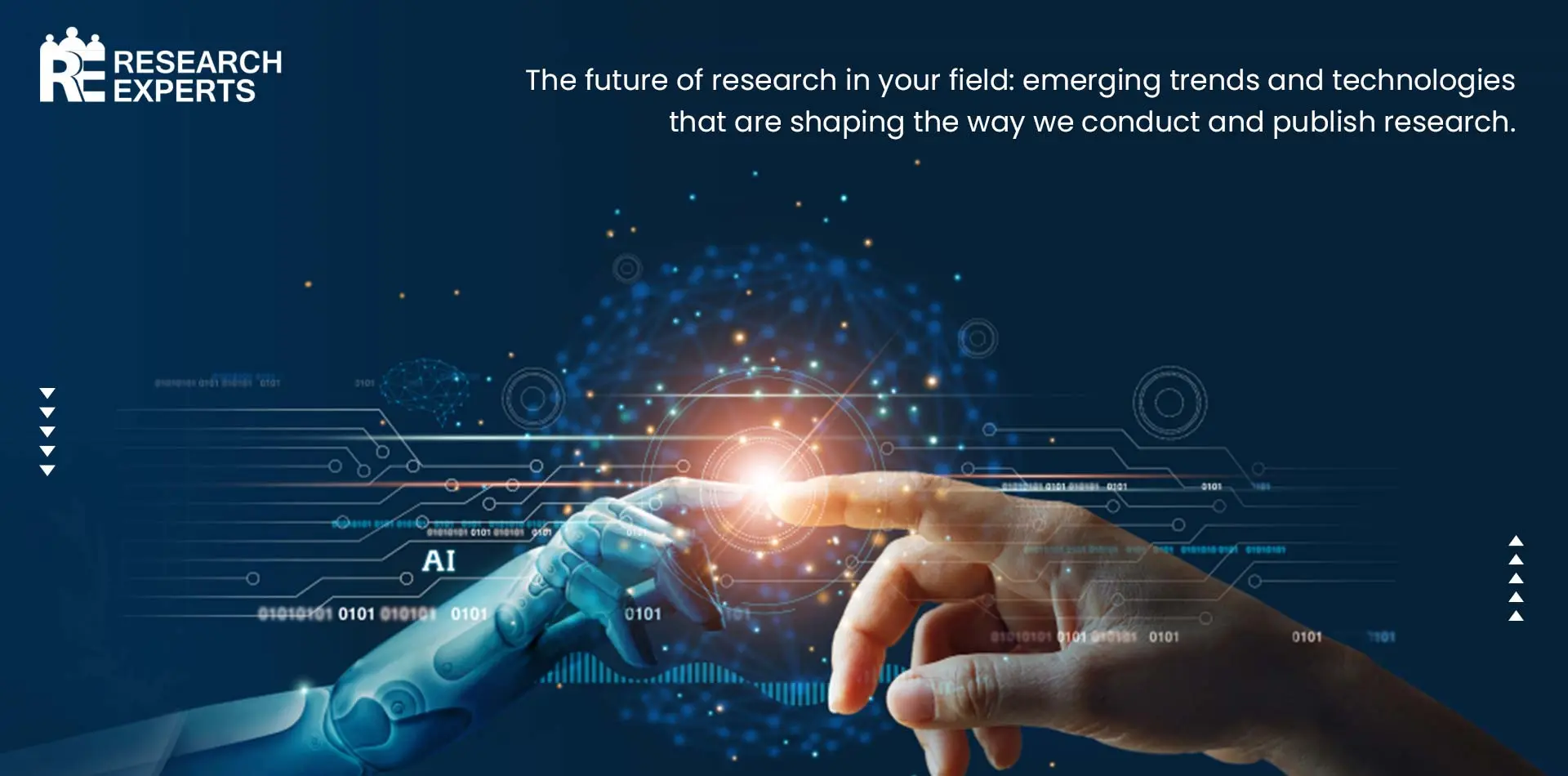
Scientific research methods are evolving rapidly, driven by advancements in technology and an increasing need for more precise, efficient, and innovative approaches to discovery. As we move into 2024 and beyond, several emerging trends and technologies are poised to reshape the landscape of scientific research. This article delves into these transformative changes, exploring how they are setting new standards and paving the way for future breakthroughs.
1. Artificial Intelligence and Machine Learning
Artificial Intelligence (AI) and Machine Learning (ML) are at the forefront of revolutionizing scientific research methods. These technologies enable researchers to analyze vast amounts of data quickly and accurately, uncovering patterns and insights that might be missed by traditional methods.
- Data Analysis and Pattern Recognition: AI algorithms can process complex datasets with high precision, identifying trends and correlations that inform research directions and hypotheses.
- Predictive Modeling: ML models can predict outcomes based on historical data, aiding in simulations and experimental design.
- Automation of Routine Tasks: AI can automate repetitive tasks such as data entry and preliminary analysis, allowing researchers to focus on more complex aspects of their work.
2. Advanced Computational Tools
Computational tools are becoming increasingly sophisticated, providing researchers with powerful capabilities for simulations and data analysis.
- High-Performance Computing (HPC): HPC systems enable researchers to run complex simulations and analyses that require significant computational power, such as climate modeling or protein folding studies.
- Quantum Computing: Although still in its early stages, quantum computing holds the potential to solve problems that are currently intractable for classical computers, such as optimizing large systems or simulating molecular interactions.
3. Big Data and Analytics
The explosion of data in various fields of research necessitates new methods for managing and interpreting information.
- Integration of Diverse Data Sources: Researchers are increasingly integrating data from multiple sources, such as genomic data, clinical records, and environmental data, to gain a more comprehensive understanding of complex phenomena.
- Real-Time Data Processing: Advances in data analytics allow for real-time processing of data, facilitating faster decision-making and more dynamic research environments.
4. Interdisciplinary Collaboration
The complexity of modern scientific problems often requires expertise from multiple disciplines.
- Cross-Disciplinary Teams: Collaborative research teams that include experts from different fields—such as biology, computer science, and engineering—are becoming more common. This interdisciplinary approach fosters innovative solutions and comprehensive analyses.
- Shared Platforms and Resources: Collaborative platforms and shared research resources enable more efficient data sharing and communication among researchers from diverse backgrounds.
5. Enhanced Experimental Techniques
New experimental techniques are continuously being developed to provide more accurate and detailed insights.
- Precision Medicine: Advances in genomics and biotechnology allow for more personalized approaches to medicine, tailoring treatments based on individual genetic profiles.
- High-Throughput Screening: Techniques such as high-throughput screening enable researchers to test thousands of compounds quickly, accelerating drug discovery and other experimental processes.
6. Ethics and Data Security
As research methods become more advanced, ethical considerations and data security are increasingly important.
- Ethical Considerations: The use of AI and big data raises ethical questions about privacy, consent, and the potential for misuse. Researchers must navigate these issues carefully to maintain public trust and ensure responsible use of technology.
- Data Security: With the increase in data collection and sharing, robust data security measures are essential to protect sensitive information and prevent breaches.
7. Citizen Science and Crowdsourcing
Engaging the public in scientific research is gaining traction, thanks to technological advancements.
- Crowdsourced Research: Platforms that leverage crowdsourcing enable researchers to gather data from a large number of participants, expanding the reach and impact of their studies.
- Citizen Science Projects: Initiatives that involve non-professional scientists in data collection and analysis can accelerate research and raise public awareness about scientific issues.
8. Augmented Reality (AR) and Virtual Reality (VR)
AR and VR technologies are transforming how researchers conduct experiments and visualize data.
- Virtual Experiments: VR allows researchers to create and interact with virtual environments, simulating complex scenarios that would be difficult or impossible to replicate in the real world.
- Enhanced Visualization: AR and VR tools can provide immersive and intuitive visualizations of data, making it easier to understand complex results and communicate findings.
9. Sustainable Research Practices
Sustainability is becoming a key consideration in scientific research.
- Green Chemistry: The development of environmentally friendly chemical processes and materials helps reduce the environmental impact of research activities.
- Resource Efficiency: Researchers are adopting practices that minimize the use of resources and waste, contributing to a more sustainable research ecosystem.
10. Global Research Networks
The globalization of research is fostering international collaboration and knowledge exchange.
- International Partnerships: Collaborative projects between institutions from different countries are becoming more common, enabling researchers to tackle global challenges and share expertise.
- Global Research Databases: Shared databases and platforms facilitate access to a wide range of research data and resources, enhancing the efficiency and effectiveness of scientific inquiries.
Conclusion
The future of scientific research methods is being shaped by a confluence of emerging trends and technologies. From the integration of AI and ML to the adoption of sustainable practices, these advancements are driving innovation and expanding the possibilities of scientific discovery. As we move forward, the ability to adapt to these changes and leverage new tools will be crucial for researchers aiming to address the complex challenges of our time.














